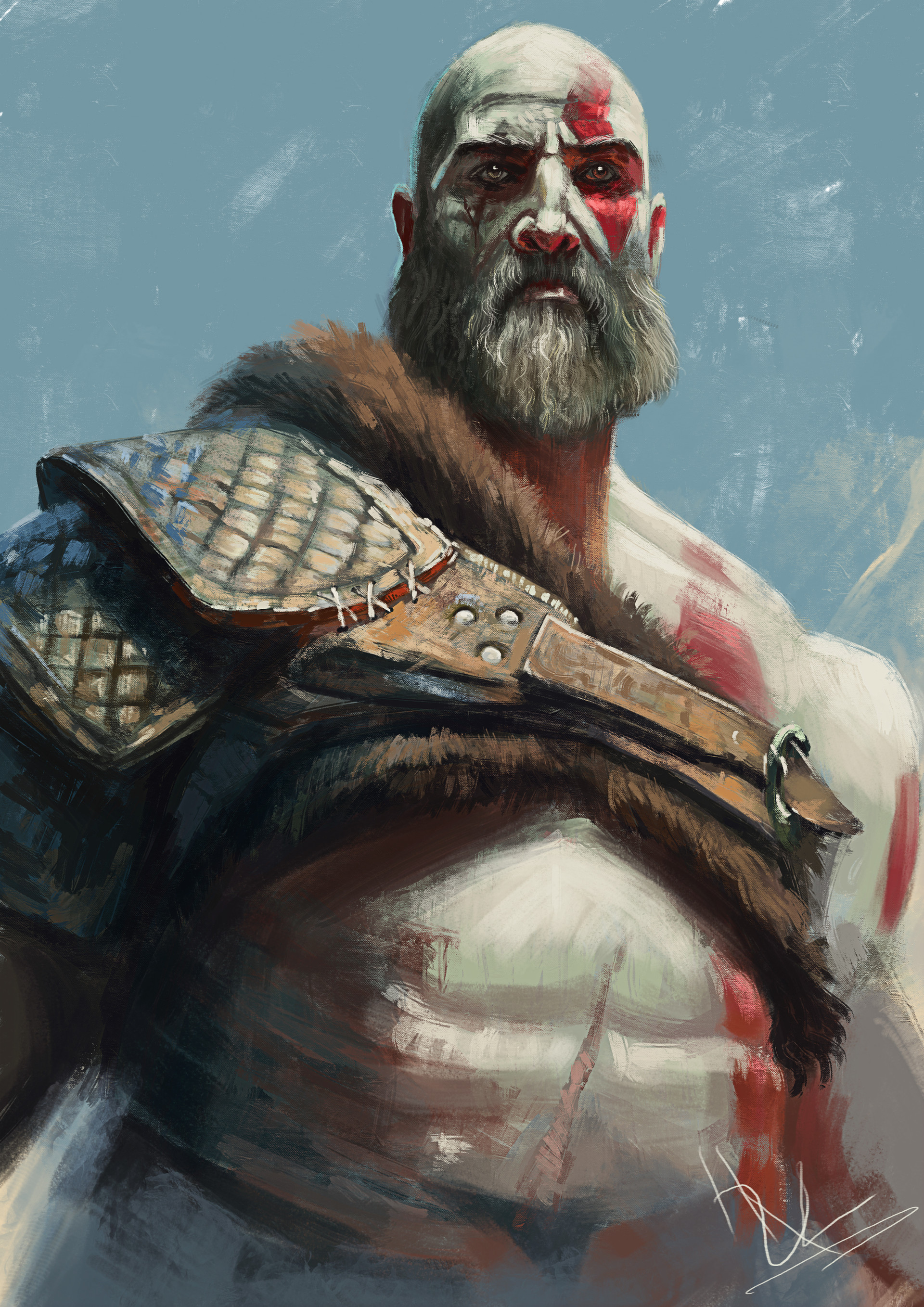ARCHIVED CONTENT
If you wish to have this article restored then please contact a member of staff with justification. The comments will indicate the reason for archival.

NEEDS REFERENCES
Please see the feedback in the discussion page for this article and remove this notice when edits have been made

Sangine
Sangine is a god of dichotomy, rewarding both the shedding of blood and the preservation thereof. For his followers, ends often justify means. The god values loyalty to one's community and family, and will look favorably on acts of violence that are done to preserve the sanctity of the collective, such as fighting an enemy to save one's people or personal sacrifice to protect a family member. Sangine is known to award those wounded in struggles defending others. Those who are alone in the world with allegiance to nothing will never draw the god's favor.However, Sangine abhors the pointless shedding of blood. He will weigh intents and consequences and judge the one who shed blood accordingly before contemplating the award of a gnosis.What creates variation in his followers is the disagreement between what is a worthy cause to shed blood for and what is an unworthy cause.
Lore
Domain
Blood is the elixir a life, a connection between living creatures. It is the intrinsic bond of families and peoples, a messenger of what traits and history binds them. Sangine governs over the sanctity of such connections with an emphasis on loyalty to those within one's community of blood.
Appearance
Sangine often appears as a man of late middle years and has pale skin and a red tattoo going down the majority of his upper body and up to his face, he has a scar on his right eye and a black bushy beard. Sangine is broad shouldered and scarred like a warrior's. There is a depth to his expression that softens its stony lines, as if he was familiar with the grief of all who have been betrayed.
Attitude
A worshipper of Sangine would say they worship the god of the essence, life and connection. Blood sustains life, binds peoples and serves as the ultimate sacrifice. Any crime against life and community is a crime against their god. Sangine calls for devotion to god and sentient life. The prime virtues he espouses are sacrifice, loyalty and respect for all people that bear blood. However, followers have defined "people" in contradicting terms, or place higher value on their own blood than others. Especial fealty to one's family and kind is not contrary to Sangine's principles. Loyalty is an encouraged trait.
Followers diverge greatly within Sangine's sphere, presenting a seemingly dualistic faith. He honors both those who shed blood to preserve life and those who keep blood from being shed for meaningless things. A worshiper may be honored for keeping his community peaceful and bountiful, where another will be rewarded for spilling blood to ensure his community is not destroyed.
Followers diverge greatly within Sangine's sphere, presenting a seemingly dualistic faith. He honors both those who shed blood to preserve life and those who keep blood from being shed for meaningless things. A worshiper may be honored for keeping his community peaceful and bountiful, where another will be rewarded for spilling blood to ensure his community is not destroyed.
Worship
One of the original rituals of worship included the letting of blood from an animal and commonly the penitent. Animals used in this ceremony would have been raised as pets by the worshiper, so their sacrifice would emphasize the gravity of the penitent's wrongdoing. This gesture was not intended for every temple visit, but to mark any significant transgressions in the worshipper's life. If the worshipper kept no animals, a blood oath could be taken in which the worshipper would swear to make recompense to the community or person wronged. Failure to uphold the oath could result in a divine reckoning.
The shed blood is gathered in sacred glass bowls and offered up to Sangine as a covering for the trespasses against the life that blood represented. Blood from the worshipper is only given in small doses, and usually in a show of thanks as opposed to a sacrifice for wrongs. These personal sacrifices of blood are placed on a piece of parchment or fabric and then burned.
If sentient blood is spilt by a worshipper, Sangine requires a blessing over it. A common version of this blessing is said over meals: "May this blood give greater life."
In present times, some fringe worshipers have become more violent. They see the nature of Sangine as connected to sustenance and violence instead of life and community. Their rituals reflect this shift in perspective and tend to be literal bloodbaths followed by feasting on sacrifices
The shed blood is gathered in sacred glass bowls and offered up to Sangine as a covering for the trespasses against the life that blood represented. Blood from the worshipper is only given in small doses, and usually in a show of thanks as opposed to a sacrifice for wrongs. These personal sacrifices of blood are placed on a piece of parchment or fabric and then burned.
If sentient blood is spilt by a worshipper, Sangine requires a blessing over it. A common version of this blessing is said over meals: "May this blood give greater life."
In present times, some fringe worshipers have become more violent. They see the nature of Sangine as connected to sustenance and violence instead of life and community. Their rituals reflect this shift in perspective and tend to be literal bloodbaths followed by feasting on sacrifices
This page has been seen 767 times.
-
-
Created by onLast updated by on
-
- Contributors:
